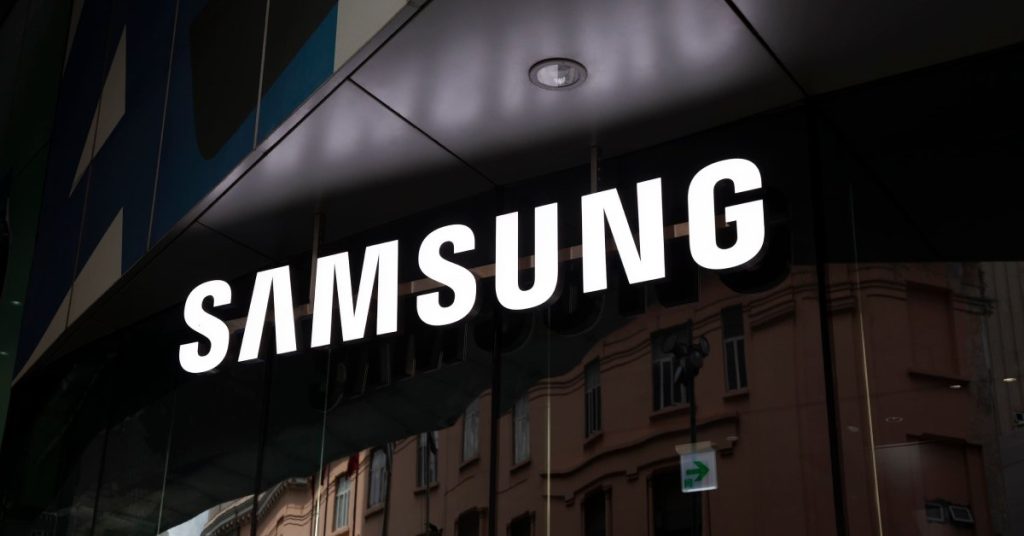Samsung Electronics is reportedly contemplating a significant shift in its Russian operations. Amid the ongoing global business adjustments following Russia’s 2022 invasion of Ukraine, Samsung is exploring the idea of leasing its TV and monitor manufacturing facility in Kaluga, Russia. This news, initially covered by South Korean media and further reported by various other outlets, reflects a changing landscape for international companies operating in Russia.
Samsung previously announced that it has stopped shipments to the country
The potential lease of Samsung’s factory comes after numerous global enterprises have either halted sales or paused their activities in Russia. Samsung itself announced in March 2022 that it had stopped shipments to the country. This move by Samsung, a titan in the electronics industry, highlights the complex decisions multinational corporations face in today’s geopolitical climate.

The local electronics wholesaler VVP Group is reported to be a key player in this new chapter for the Kaluga factory. According to a Kommersant report, VVP Group might soon start producing equipment under its own brand, as well as for other companies, using Samsung’s facility. This development could mark a new era for the factory, transitioning from a Samsung-centric operation to a hub for various electronic brands.
While Samsung has not officially commented on these developments, the implications of such a decision are significant. Leasing the factory to a local company like VVP Group could ensure the facility remains operational and preserves jobs, while aligning with the changing business and political environment.
This move, if confirmed, could be seen as Samsung’s strategic adaptation to maintain a presence in the Russian market indirectly. It highlights the delicate balance companies must strike between business interests and geopolitical sensitivities. The electronics giant’s decision to lease, rather than sell or shut down the factory, could set a precedent for other multinational companies navigating similar challenges.
RELATED:
- Samsung Considering An Entry-Level Variant Of The Galaxy Z Fold 6 To Gain Market Share
- Samsung launches 990 EVO SSD with improved performance and power efficiency
- Big Discount: AOOSTAR R1 N100 NAS Mini PC Only For $159
- Best Smartphones Awards 2023 – Gizmochina
(Via)







